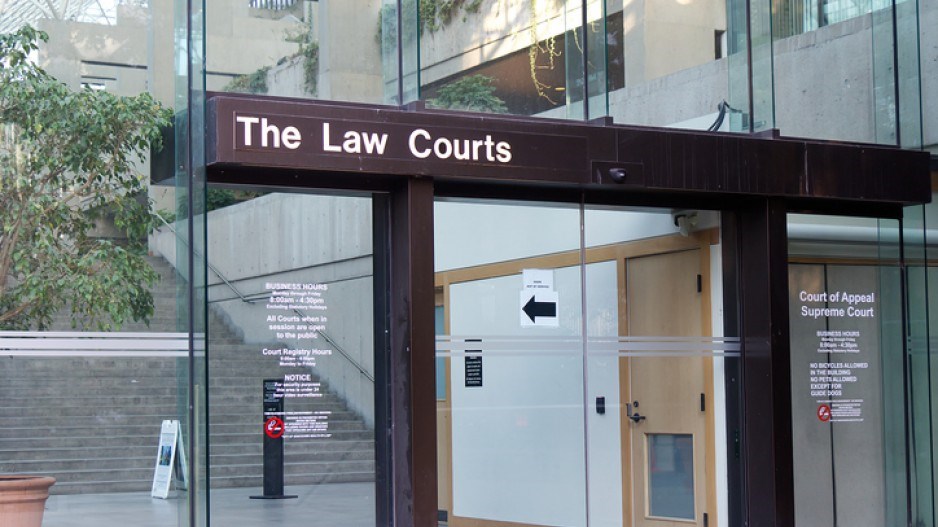Years and years of underfunding and understaffing have led to long delays in B.C.’s administration of justice, according to a Feb. 17 report from the Canadian Bar Association, BC Branch (CBA-BC).
“These issues were always apparent, but a year into the COVID-19 pandemic has made them impossible to ignore,” branch president Jennifer Brun said.
The CBA-BC is calling the report, Agenda for Justice 2021, a roadmap for action to improve the province’s justice system and modernize provincial legislation to ease access to justice for families, businesses and communities.
It‘s been through the year-long pandemic that glaring needs for change, many of them technological, have been spotlighted. Indeed, the pandemic has caused the province, the courts and the legal profession to move quickly to streamline operations through major changes.
And those changes are something the CBA-BC wants to push out further.
“We want British Columbians to be able to access the justice system to resolve issues in a timely and effective way so that matters are dealt with impartially, swiftly and before they become more serious,” Brun said. “Agenda for Justice presents concrete suggestions where the legal community and the B.C. government can work collaboratively to move families and communities forward.”
The report, Brun said, offers more than 40 recommendations in 22 key areas such as families undergoing a separation, small businesses settling a contract dispute, rural communities without access to basic legal services and numerous others.
Major points covered include:
• addressing the major flaws in rural access exposed by the COVID pandemic;
• improving court efficiency by streamlining scheduling systems, staffing and technology;
• providing support for families who are navigating family court or the child protection system;
• ensuring fair treatment of vulnerable residents such as low-income families, Indigenous peoples, the LGBTQ2S+ community, seniors and mental health detainees; and
• modernizing outdated laws governing commercial leases and contracts, limitation periods, reverse mortgages and wrongful death compensation.
“We tend to think of the justice system as being the police, courts and prisons. And when we discuss legal systems, we talk of legislation and rules of conduct. But these systems are much more than that – they are about people and their everyday problems,” Brun said.
The report can be found .
The province has already been working to ease challenges exposed by the pandemic.
It was B.C. Supreme Court Chief Justice Christopher Hinkson who last year on the need for change.
“The court has long been aware of the need to upgrade court technology in order to increase the court’s ability to provide remote and online access to justice,” Hinkson said in a statement April 30, 2020.
Soon after, Attorney General David Eby said to those challenges.



